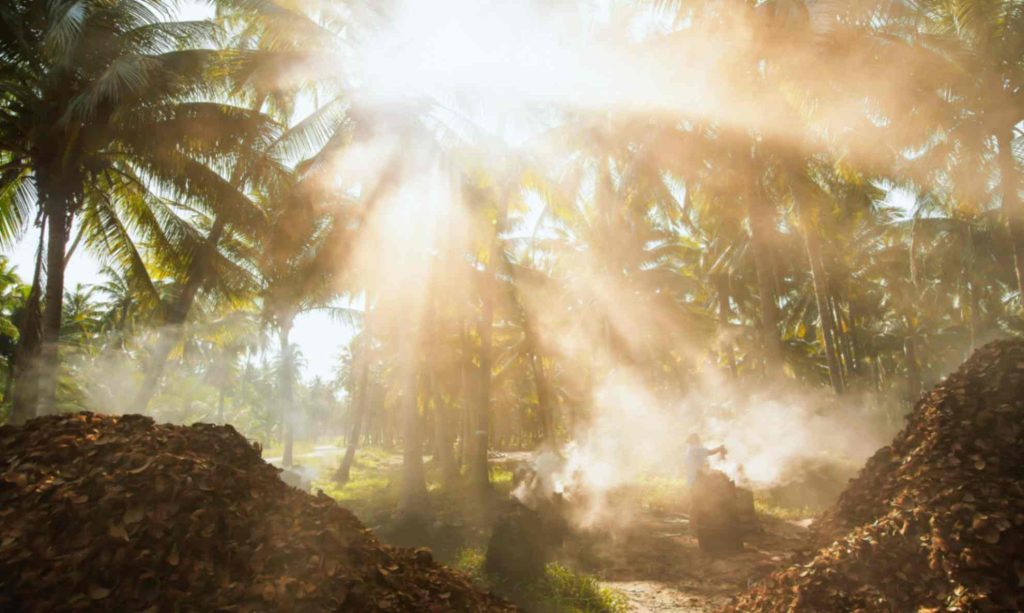The charcoal market in Indonesia has experienced significant growth in recent years, driven by various factors that shape its dynamics. As I delve into the intricacies of this market, it becomes evident that consumer preferences play a pivotal role in determining the direction and structure of the charcoal industry. The diverse preferences of consumers, ranging from those who prioritize quality and sustainability to those who seek affordability, have led to a nuanced market landscape. Understanding these consumer preferences is essential for businesses looking to thrive in this competitive environment.
Moreover, market segmentation has become a crucial aspect of identifying target demographics for charcoal products. By categorizing consumers based on their purchasing behavior, income levels, and environmental consciousness, businesses can tailor their offerings to meet specific needs. This segmentation allows for a more strategic approach to marketing, ensuring that products resonate with the intended audience. As I observe the market, it is clear that companies that effectively leverage consumer insights are better positioned to capture market share and drive growth.
Technological Innovations in Charcoal Production
The advancements in technology have significantly transformed charcoal production in Indonesia, leading to increased efficiency and competitiveness within the market. I have witnessed firsthand how modern production techniques, such as carbonization and briquetting, have streamlined operations, allowing producers to meet rising demand while minimizing waste. These innovations not only enhance productivity but also contribute to the overall quality of the charcoal produced.
Furthermore, sustainable innovations in charcoal production are attracting global investment, which is vital for the long-term growth of the market. Investors are increasingly drawn to businesses that prioritize eco-friendly practices, such as using renewable biomass for charcoal production or implementing energy-efficient technologies. This influx of investment not only supports local producers but also fosters a more sustainable industry that aligns with global environmental goals.
Environmental Impact and Sustainability Initiatives
As the charcoal market continues to grow, it is essential to consider its environmental impact, particularly on local ecosystems. I have observed that the expansion of charcoal production can lead to deforestation and habitat destruction if not managed responsibly. The reliance on natural resources for charcoal sourcing raises significant concerns about sustainability and biodiversity loss.
In response to these challenges, various sustainability initiatives have emerged to mitigate the risks associated with environmental degradation. Many producers are adopting responsible sourcing practices, reforestation efforts, and community engagement strategies to promote environmental stewardship. These initiatives not only help preserve local ecosystems but also enhance the reputation of the charcoal market, making it more attractive to environmentally conscious consumers and investors alike.
Market Access and Infrastructure Development
Enhancing market access is another critical factor that boosts charcoal production efficiency in Indonesia. I have seen how improved transportation networks and logistics systems facilitate the movement of charcoal from production sites to consumers. This increased accessibility not only benefits producers by reducing costs but also ensures that high-quality charcoal reaches the market promptly.
Infrastructure development plays a vital role in supporting market expansion and distribution networks. Investments in roads, ports, and storage facilities are essential for enabling producers to scale their operations and reach a broader customer base. As infrastructure improves, I believe that the charcoal market will continue to thrive, attracting new players and fostering healthy competition.
Economic Implications of Charcoal Trade on Local Communities
The growth of the charcoal market has significant economic implications for local communities across Indonesia. Increased market demand has created numerous employment opportunities, particularly in rural areas where charcoal production is a primary source of income. I have witnessed firsthand how families benefit from this trade, gaining financial stability and improved living standards.
Moreover, the adoption of sustainable practices within the charcoal industry can enhance market stability for these communities. By prioritizing responsible production methods, local producers can secure their livelihoods while contributing to the long-term health of the environment. This balance between economic growth and sustainability is crucial for ensuring that the benefits of the charcoal market are shared equitably among all stakeholders.
In conclusion, the growth of Indonesia’s charcoal market is a multifaceted phenomenon influenced by consumer preferences, technological advancements, environmental considerations, infrastructure development, and economic implications for local communities. As I reflect on these dynamics, it is clear that a collaborative approach involving producers, consumers, and policymakers is essential for fostering a sustainable and prosperous charcoal industry in Indonesia.
